The California Business and Industrial Alliance (CABIA), a trade group, has stated that California fast-food restaurants have cut almost 10,000 jobs ever since the state’s new $20 minimum wage law officially went into effect.
This latest report comes after restaurants have warned for months that they would likely have to cut jobs because of this minimum wage increase.
CABIA’s Report
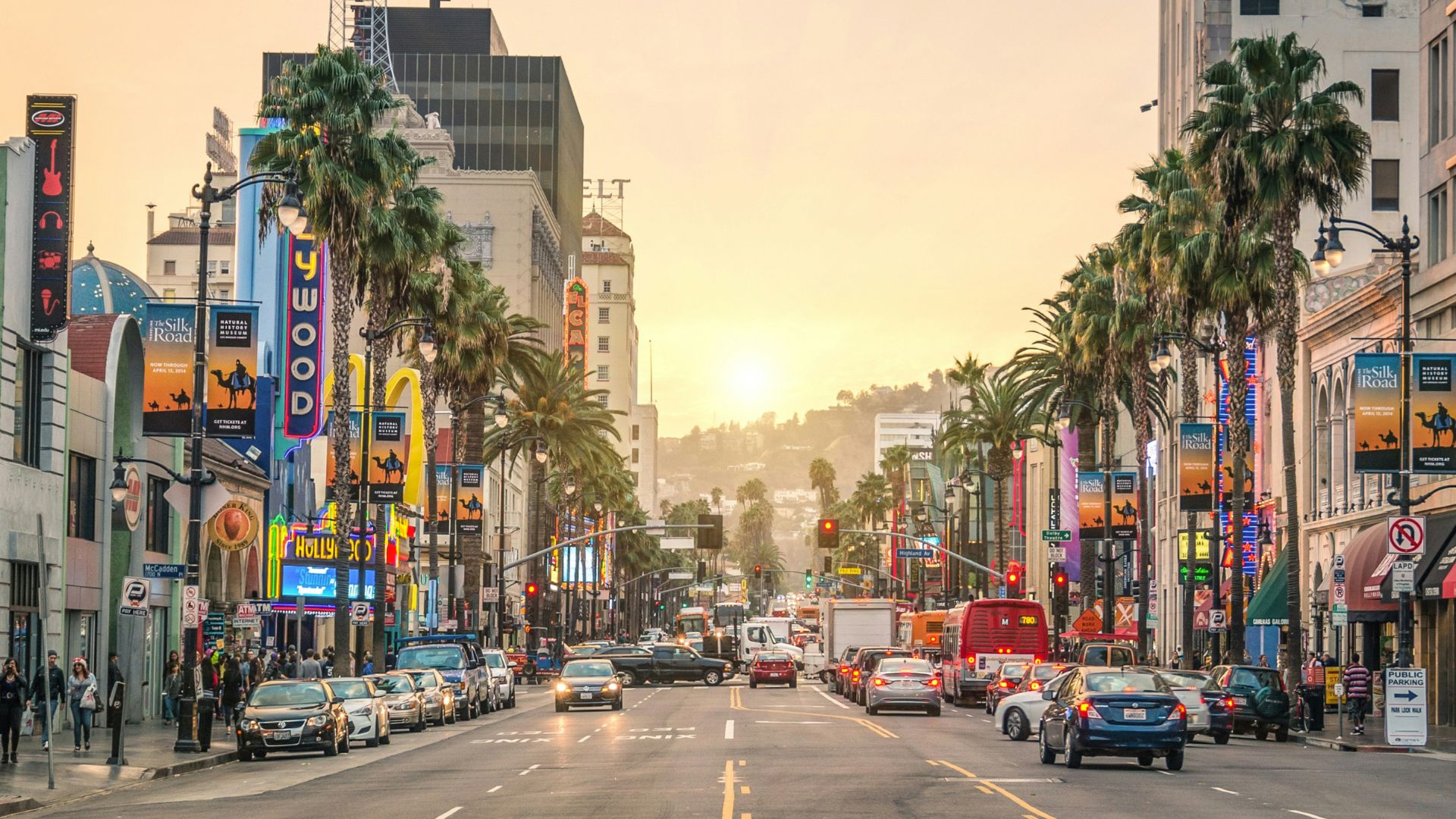
In this report, CABIA explained that many fast-food restaurants now find themselves struggling under this new minimum wage law.
California’s fast food law went into effect on April 1. The law now states that fast food workers in the state must make at least $20 an hour.
CABIA Slams Governor Newsom
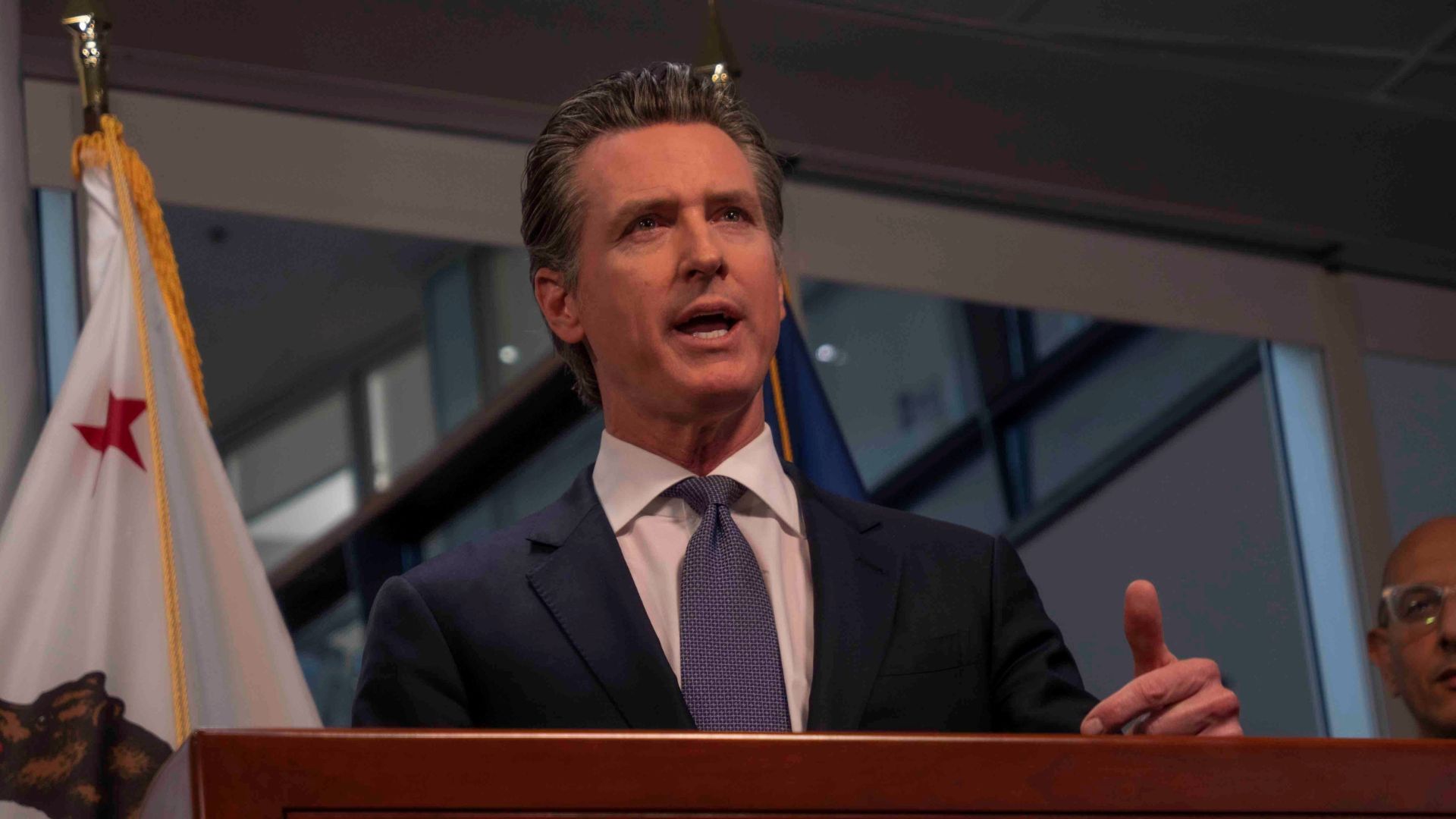
The trade group also took the time to slam California’s Governor Gavin Newsom, who pushed for this fast food bill and signed it into law.
To make up for this minimum wage increase, many restaurants in California have reportedly had to raise prices in order to stay afloat. They’ve also had to cut many jobs, positions, and overall working hours.
Another Blow to California Businesses
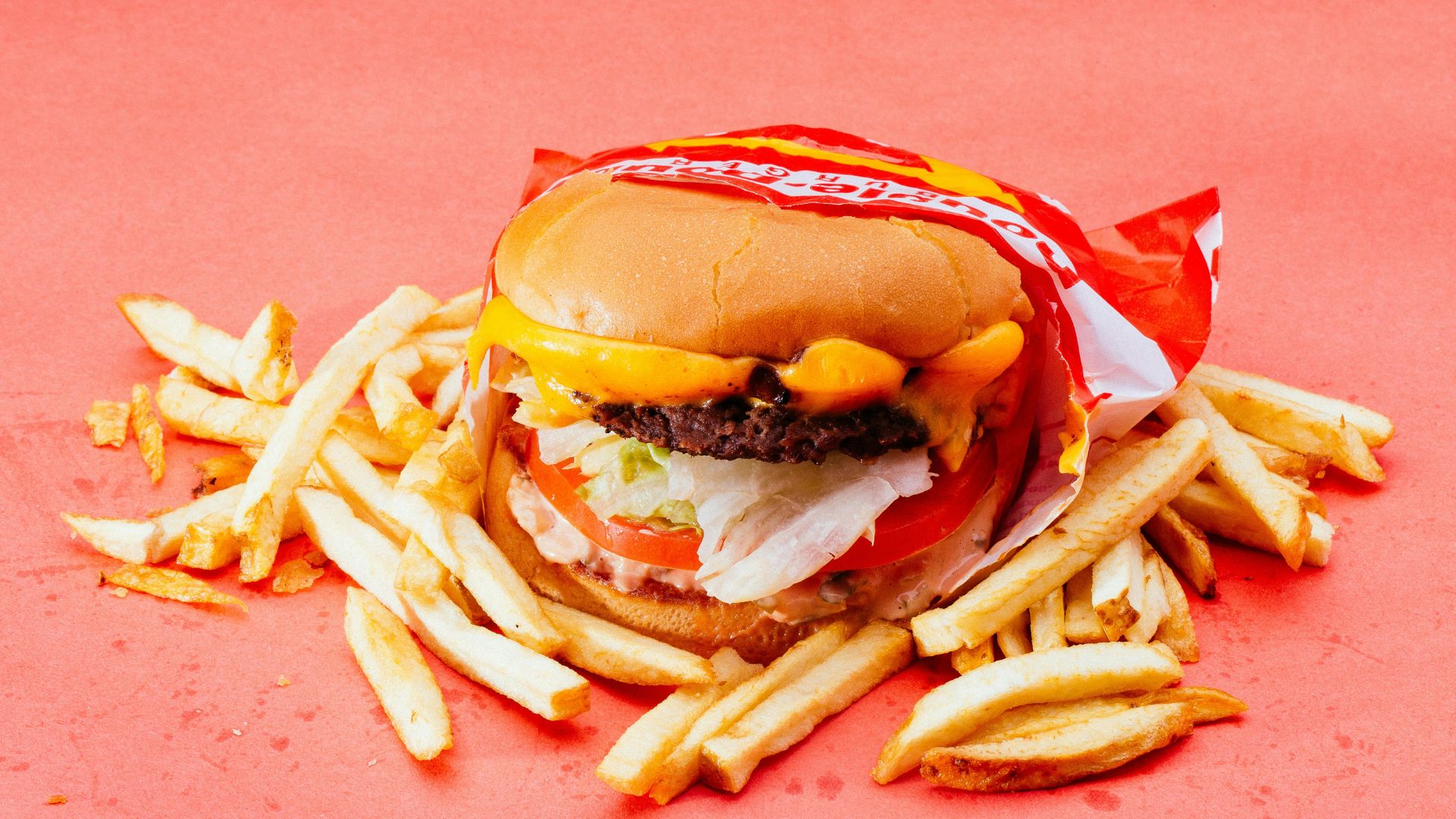
CABIA’s founder and president Tom Manzo explained that this minimum wage law is just another blow to so many businesses and owners throughout the state.
“California businesses have been under total attack and total assault for years,” Manzo stated. “It’s just another law that puts businesses in further jeopardy.”
How Fast Food Jobs Have Changed in California
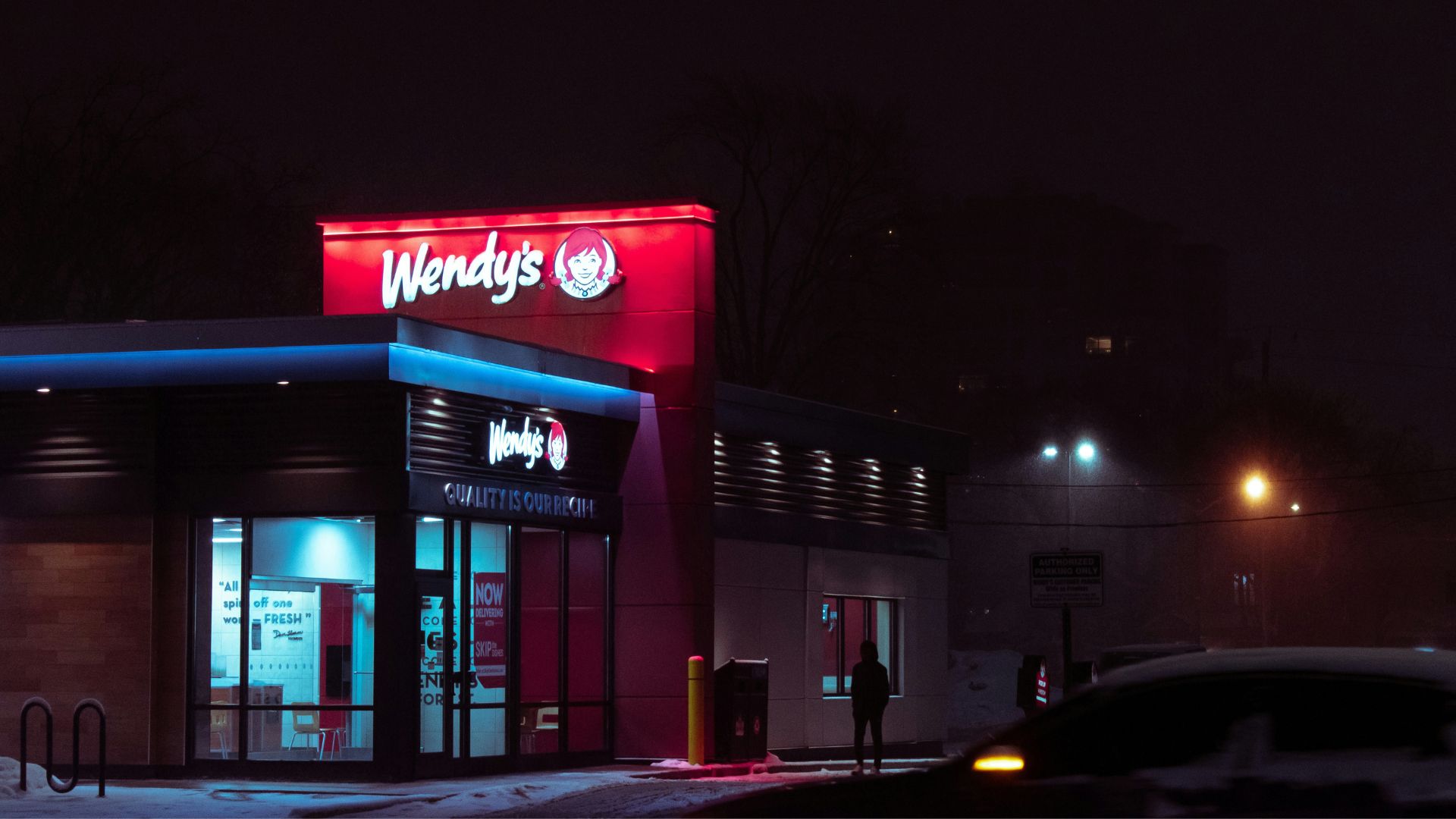
Since this minimum wage law was passed earlier this year, many fast-food eateries have changed how they conduct business in an effort to save money and continue to bring in profits.
This has seemingly led to many restaurants deciding to lay off workers, as CABIA has stated that almost 10,000 jobs have been cut. However, many restaurants have also decided to cut overall employee hours.
Choosing Automation

Other fast-food establishments up and down the coast of California have chosen to invest in automation, rather than employees.
By pivoting to having more automation in their restaurants, these business owners are attempting to cut costs by not paying employees $20 an hour.
Raising Menu Prices

Many fast food spots in California have also decided to raise menu prices to make up for this higher minimum wage they now have to pay.
However, menu prices in many fast food restaurants have already been raised, thanks to ongoing high inflation seen throughout the United States.
$20 Fast Food Meals
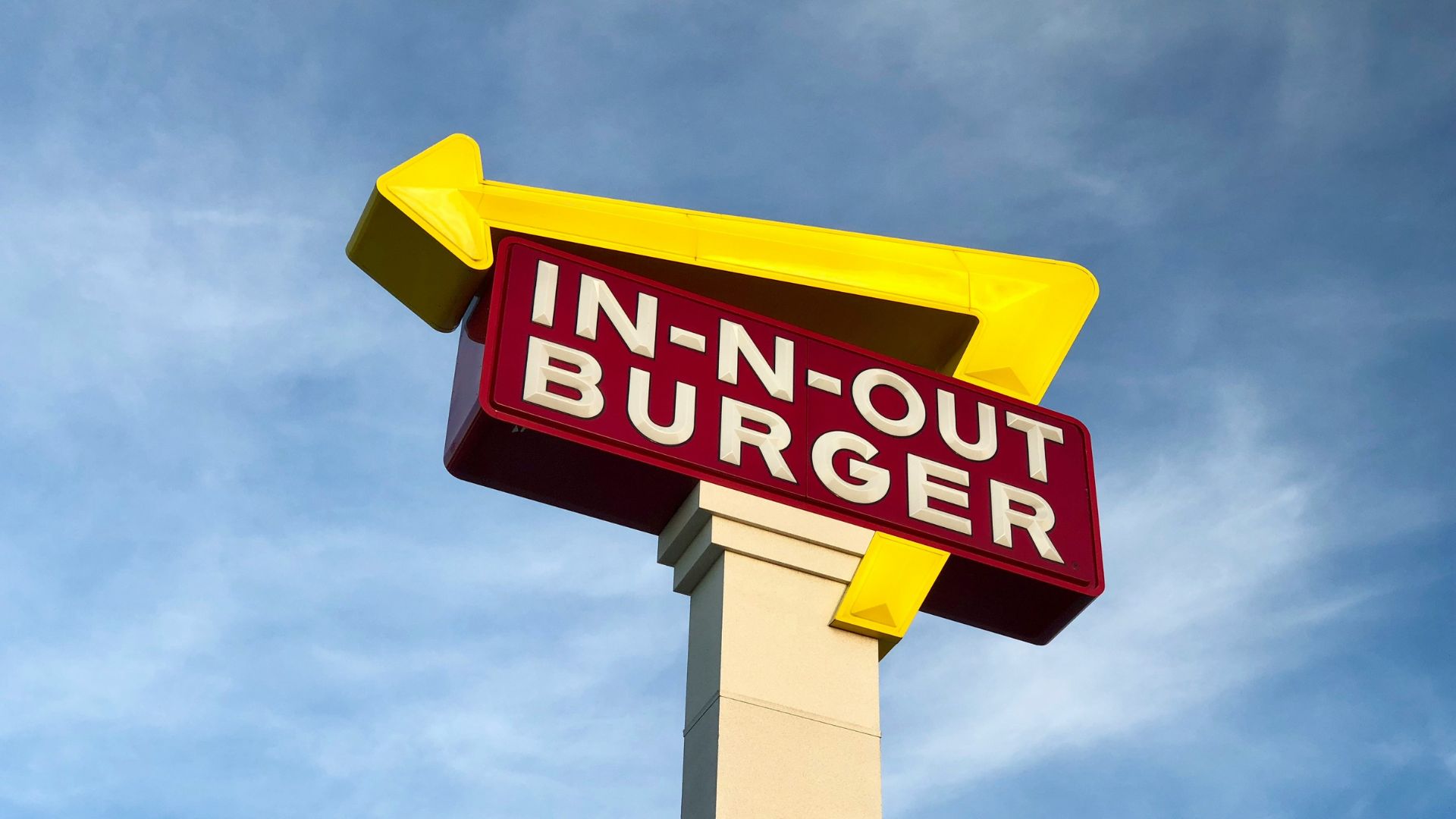
Many reports have recently come out suggesting that American consumers are facing price fatigue, particularly when it comes to fast food prices. The average American doesn’t want to spend a ton of money when purchasing something off of a fast food menu.
Manzo also discussed this, saying, “You can only raise prices so much. And you’re seeing it. People are not going to pay $20 for a Big Mac. It’s not going to happen.”
Has Fast Food Become a Luxury?
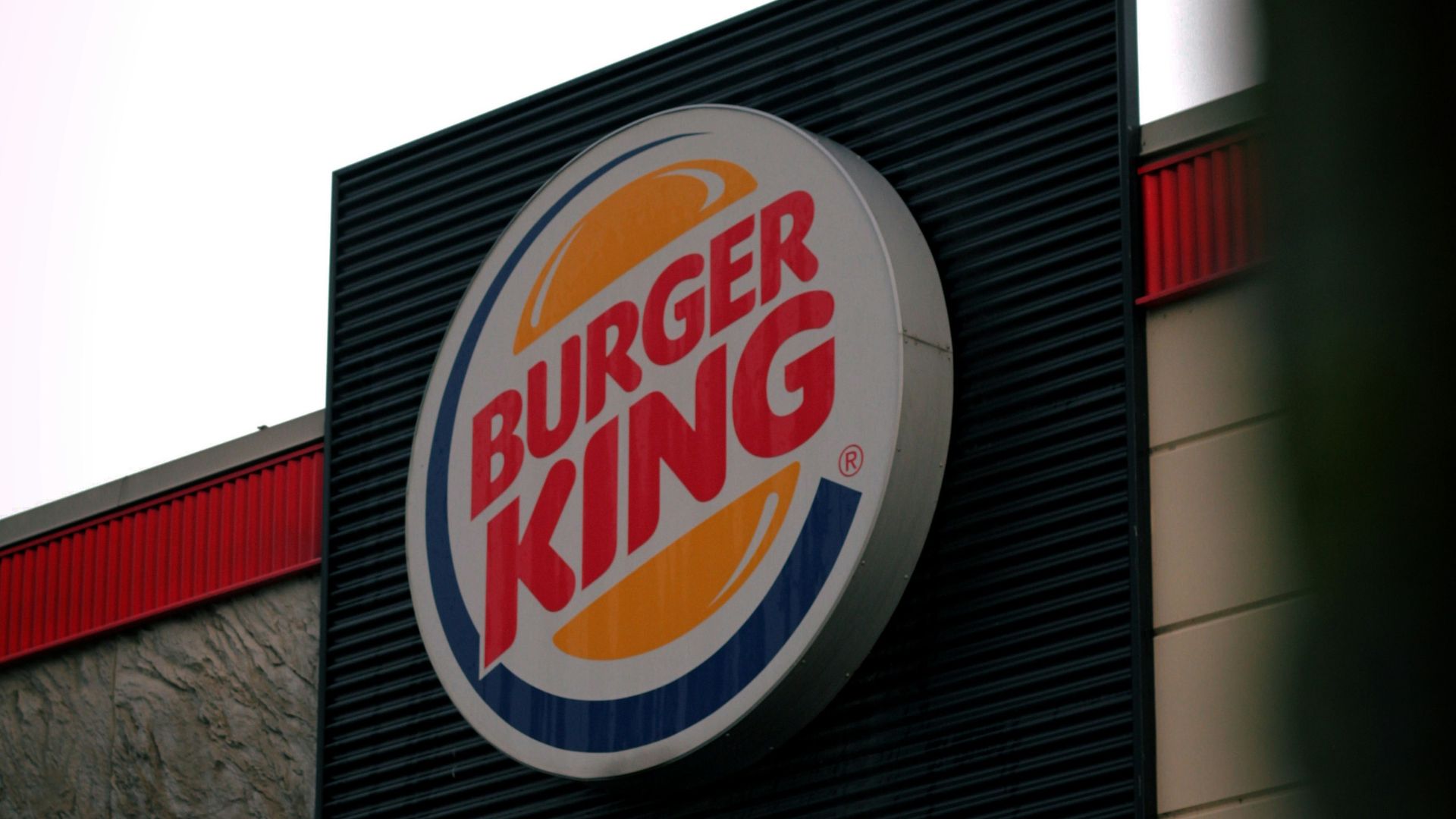
Consumers around the country have taken to social media to complain about how expensive fast food has become. Since its inception, fast food has always been an affordable option for many regular Americans.
Now, it’s become something akin to a luxury. A new survey by LendingTree even found that 78% of consumers consider fast food to be a luxury purchase thanks to how high prices have become because of inflation.
Some Fast Food Places Are Lowering Prices
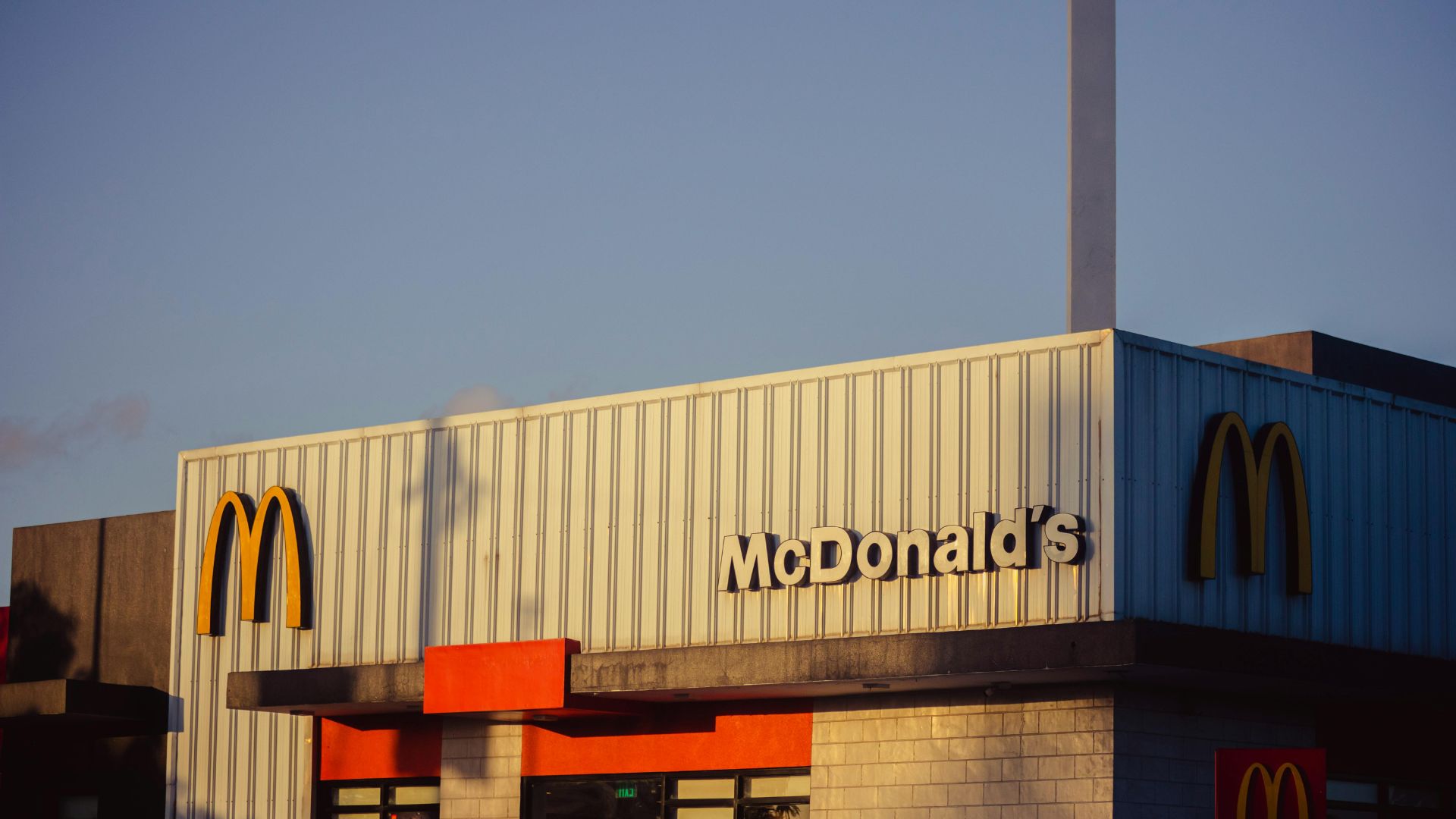
Because of this ongoing price fatigue, many fast food restaurants such as McDonald’s have revealed that they’re going to be offering more deals at lower, more affordable prices.
However, there’s no telling if these affordable meals will help out struggling fast-food chains in California.
Restaurant Closures
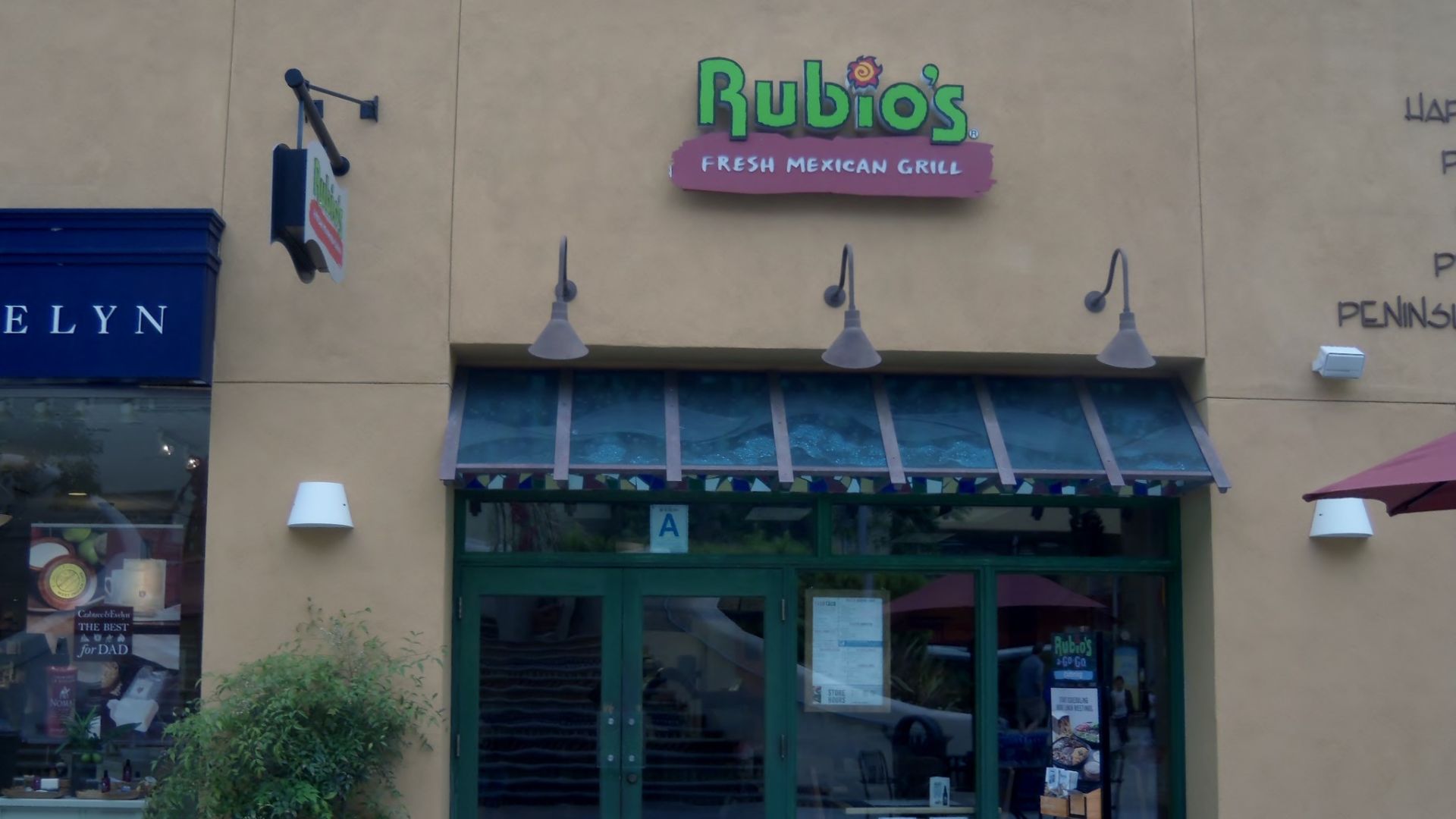
In only a few months, many fast food eateries have announced that they’ve had to shut down — and they’ve often blamed this minimum wage law as to why.
Most recently, Rubio’s Fresh Mexican Grill announced that they were closing 48 locations. The chain has 134 locations in total.
California’s High Cost of Living

One of the main reasons why the California government pushed for this $20 minimum wage fast food law is because of the state’s high cost of living.
As many in the fast food industry hadn’t seen a wage increase in years, this law was supposed to help working-class Californians make more money.
